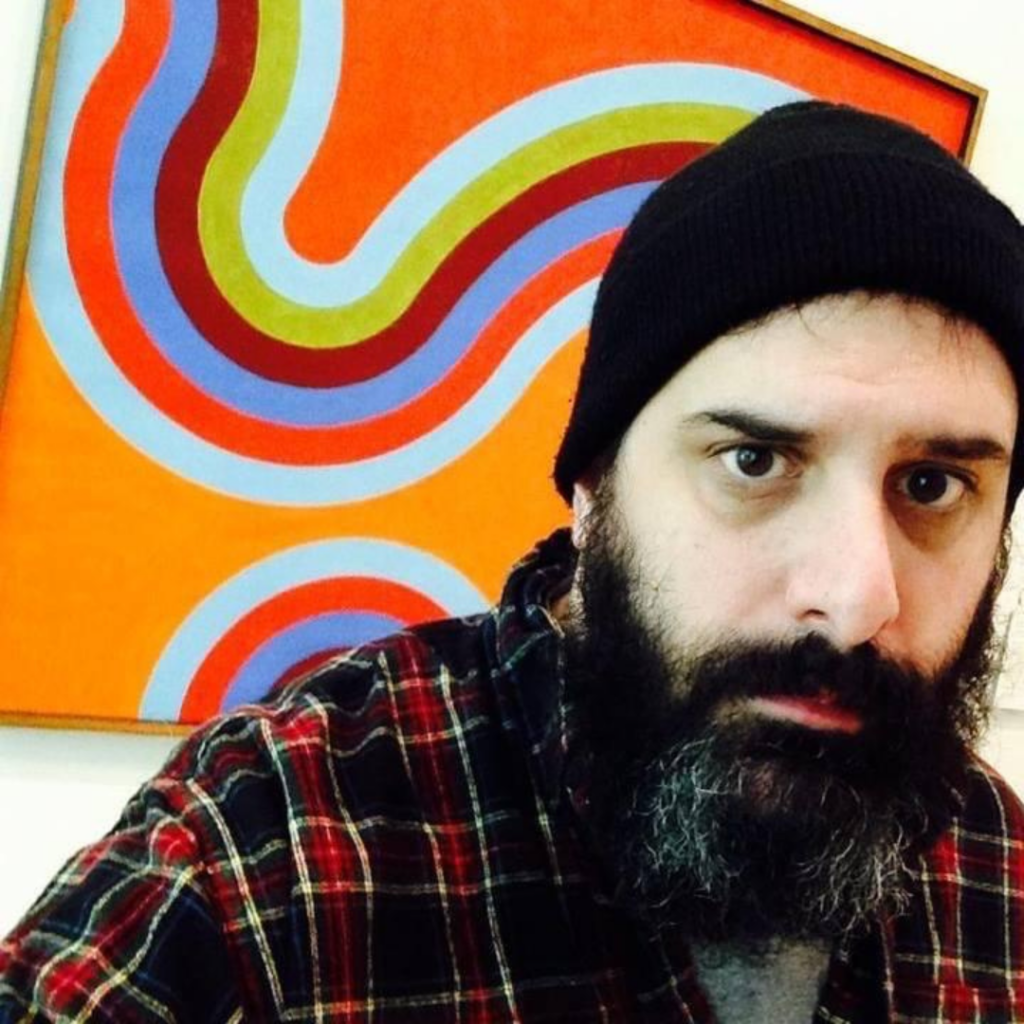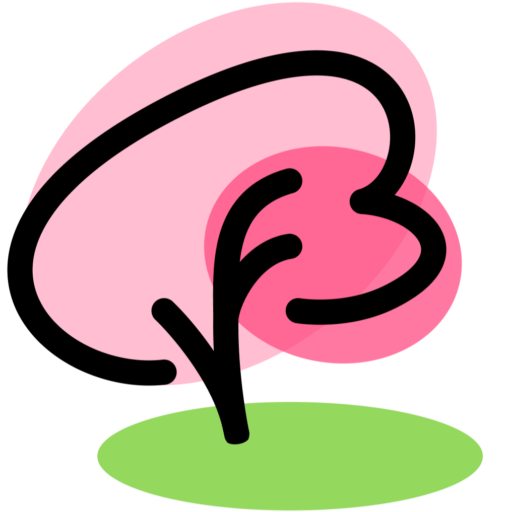John Pappas

collecting
blossom petals
the shelter entry
John Pappas
Boston, Massachusetts
Congratulations on having your haiku selected as the top winner in the United States category in the Vancouver Cherry Blossom Festival’s 2023 Haiku Invitational contest. How did you first learn about haiku, and how much writing of haiku or other poetry have you done?
Thank you! I must have first learned of haiku in elementary school, like many American kids, but the initial experience wasn’t so memorable. Years later, well into my adulthood, while looking for journals to submit longer forms to, I stumbled upon Bottle Rockets, Modern Haiku, and Frogpond, and began to see what was possible within haiku and senryu forms. While I had previously published a few longer pieces and won some local contests, during the pandemic I began to write haiku and related forms in earnest and have been lucky enough to have hundreds of poems published in over 50 journals during the past few years.
What was the inspiration for your winning poem?
Living in a large city, I often see unhoused folks. I drive by a shelter every day on my way to work, and often drive past a large encampment of unhoused individuals. Thinking about the uniqueness, beauty, and fragility of people in situations like these, and the capricious or mercurial nature of fate, led to this poem.
Describe the moment when you first learned you had won.
My wife, two daughters, and I were all watching a movie on one of the last days of summer vacation. I checked my email during a lull in the action and received the notification. I read and reread the email thinking I had somehow misinterpreted what it said, and then shared it with my family. We were very surprised, excited, and grateful. That was a really special experience.
Do you have favourite books or websites relating to haiku that others might benefit from to learn haiku as a literary art and to share one’s haiku?
I think the Haiku Foundation’s website is a tremendous resource, and their Haiku Dialogue column in particular presents interesting and engaging prompts for poets. Triveni’s Haiku Sutradhar website (in India) is a wonderful, welcoming place to workshop poems and get and give valuable feedback. I really like Whiptail: Journal of the Single-Line Poem and Heliosparrow for their commitment to showcasing poems that break exciting new ground. Red Moon Press’s yearly anthologies are indispensable for showing how English-language haiku are being written right now. I love reading the books of friends I’ve met along the way and learning from them and have also found the “Haiku 21” series from Modern Haiku and any anthology that focuses on contemporary English-language haiku, gendai (modern) haiku, or postku really illuminating.
Please tell us more about yourself.
I’ve been a teacher of literature, general semantics, and other courses at the high school level for more than 25 years. For many years, I played drums for a punk rock band, recording two albums and touring. I enjoy music, film, writing and reading, and, most of all, spending time with my amazing wife and our two wonderful children.
How does where you live and what you enjoy doing affect the way you write haiku?
I think living in New England offers such a broad palette for haiku writing. With the distinct seasonality of the region, the presence of international cities and rural areas, the diverse mix of people and cultures, and the array of terrain from mountains to ocean, there is an abundance of inspirational places and moments. Does being a parent, teacher, and musician also affect how I write haiku? It does, in that things I love provide me with lenses to see, focus, and experience the world and put it into words that may be different from the next poet. The reverse of that question, might also be insightful—does writing haiku affect how I live and participate in the world? The answer to that is a resounding yes. Slowing down, being observant to inner and outer ecosystems, and appreciating the smallest of things and moments helps me understand how small we are and how fleeting our time is. Appreciation and the desire to honor those things and moments becomes a daily practice that I think makes me a better writer, father, and human.
Haiku Invitational ↗
Return to the main page of the Haiku Invitational.
Meet Our 2022 Winners ↗
Meet our 2022 Haiku Invitational winners.
2022 Commentary ↗
Read the judges’ 2022 commentary for inspiration for your own haiku.
2023 Haiku Exhibition↗
Celebrate winning haiku with commissioned pieces by Musqueam, Squamish, and Tsleil-Waututh artists.
More Haiku ↗
View additional categories of 2022 Sakura Awards and Honourable Mentions.
Programs subject to change. All event titles are protected trademarks of the Vancouver Cherry Blossom Festival.

